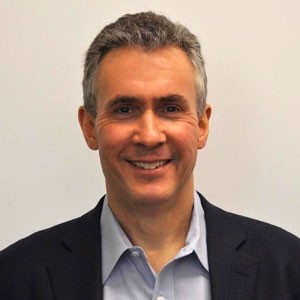
Bruce Jackson
Bruce Jackson brings 24 years of experience in the field of occupational health and safety. He has worked in various capacities preventing workplace injury, including 20 years in multiple roles at WorkSafeBC.
He also volunteers his time as a member of various industry boards and committees.
In addition to his work as a consultant assisting employers to develop workplace health and safety management plans, Bruce teaches in our Occupational Health and Safety Certificate program.
How did you choose this field of work?
I first got involved in OHS while working in the wood products manufacturing industry in the early 1990s. I became a first-aid attendant, then hazardous materials trainer and then I fit-tested workers for respirators. I started taking courses in OHS so I could learn more and apply what I learned where I worked. I found it both challenging and very interesting.
What personality type or what types of prior experience would make someone a good fit for an OHS career?
Having some work experience in a major sector such as manufacturing, health care, oil and gas, or construction is certainly very beneficial, but not mandatory. The reason this type of work experience is valuable is that you gain familiarity with the types of equipment, work processes and associated hazards in that sector, and an awareness of the types of controls used to manage the associated risks of injury or disease. Working in OHS involves continual learning and building trust and effective relationships with people, so those who enjoy these aspects of work are well positioned to succeed.
What do you find most rewarding about working in OHS?
I’ve seen my share of tragedy in the workplace. I enjoy being able to help make workplaces safer, so that everybody goes home at the end of the day. There is always something new to learn in the field, so I like to constantly challenge myself to acquire new knowledge and skills.
What do you most enjoy about teaching OHS at SFU?
I really enjoy having the opportunity to contribute to the development of new OHS practitioners and inspiring them to learn as much as they can.
What are the key things you hope students take away from your courses?
That their learning doesn’t end when the course is over, and to continually seek opportunities to apply what they have learned in the workplace.
Do you have any words of advice for someone considering taking our OHS program?
Position yourself to succeed by planning to set aside enough time to study, and when in class take full advantage of the knowledge and experience that the instructors bring to the course.

